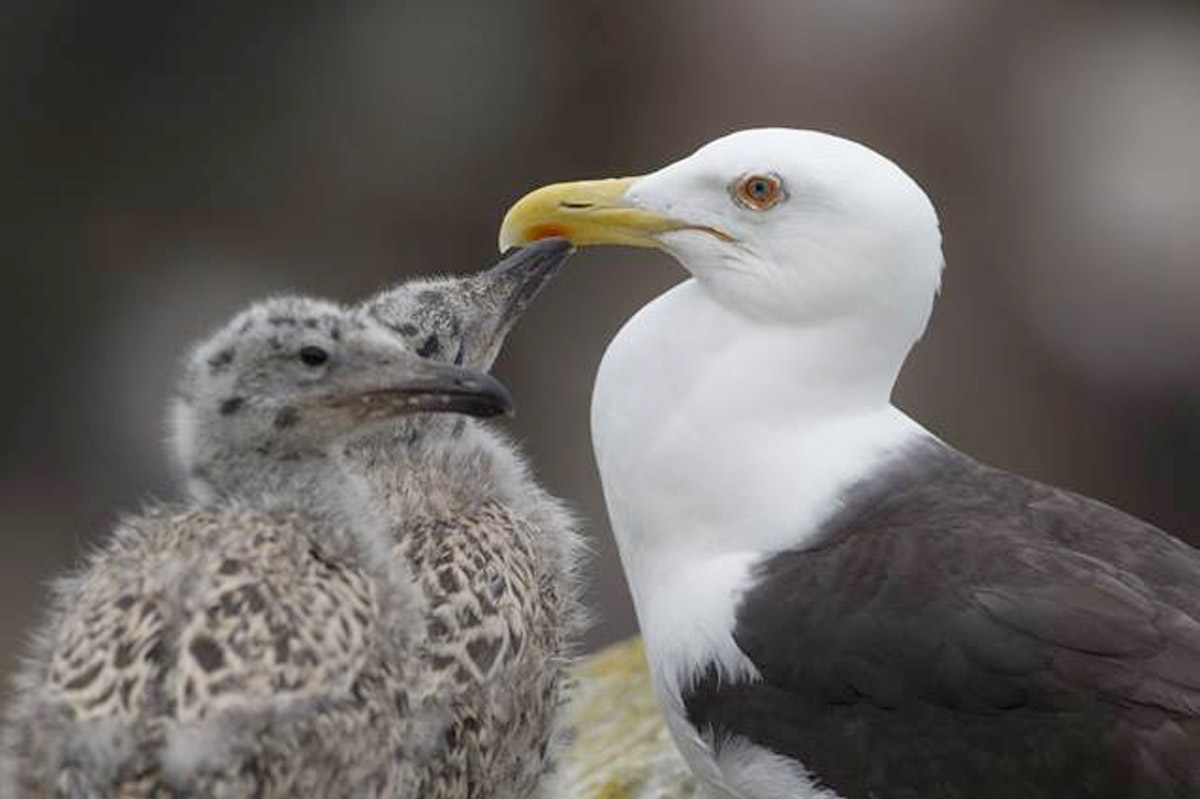RSPB gulls

Caption: © RSPCA
Nature & Wildlife | Posted on August 2nd, 2018 | return to news
The RSPB calls for more kindness to gulls
Gulls are consistently getting a bad press and because of this the RSPB is calling on people this summer to be more understanding of the birds.

Caption: © RSPCA
The RSPB and the RSPCA is offering practical advice to address the problems that sometimes occur between urban gulls and people.
Morwenna Alldis, spokesperson for the RSPB South West, said, “Personally I love gulls – I like a bird with a bit of personality and gulls have that in spades. They’re bombastic, cheeky, incredibly adaptable, opportunistic, intelligent, and if there were a prize for ‘bird parent of the year’, protective urban gull parents would win. However, our urban gull is often misunderstood. We need to change the way we behave around gulls and try to live harmoniously alongside them.”
The RSPB and RSPCA both cite examples of where relations have broken down. Last summer the RSPCA appealed for information after a gull was discovered on an industrial estate in St Austell with a crossbow bolt through its body. This sort of attack is not an isolated incident.
Llewelyn Lowen, RSPCA Scientific Officer, explained, “Every year, we receive calls about gulls that have been the victims of abusive attacks. Many have stones thrown at them, others are left homeless after their nests are illegally destroyed and they may become the target of people taking pot shots at them with airguns.
“Gulls and their nests are protected under the Wildlife and Countryside Act 1981 and it is illegal to intentionally kill, take or injure wild birds. Action can only be taken against them under licence.”
The RSPB says one of the main issues people have with gulls is linked to the birds nesting behaviour. Morwenna said that although gulls can be quite noisy during nesting season (May to July), the period is short-lived. She also said that gulls are incredibly protective and proactive parents and are constantly aware of the need to protect their young from possible harm.
Morwenna added, “If a gull feels that you’re too close to its youngster, and so a potential threat, it will fly over you at great speed and alarmingly close – rarely making contact the first time. This is a warning – it’s meant to frighten you into backing off. If you encounter an anxious gull parent protecting their young, the best advice is to walk carrying an unfurled umbrella.”
The RSPB say that the second main area of concern for people is the way some of the birds feed, but warn much of the problem is of human origin.
Morwenna highlighted that gulls mistake food belonging to humans for their own since humans have openly fed gulls form their own hands. Many people also leave bin bags of food waste lying around, not in a bin or gull proof sack and therefore gulls see humans as their free meal ticket.
Morwenna said, “A gull can’t discern between a sausage roll dropped on the floor (free-pickings) and the one you’re unwrapping for lunch in the local park – humans have inadvertently taught gulls that our food is their food. We must all stop feeding gulls both in inland and seaside towns and in our gardens if we want to recondition their current behaviour.”
RSPCA’s Llewelyn Lowen, said, “Unfortunately many see these birds as pests, but all it takes is a little care and understanding to minimise any inconvenience caused by gulls. The RSPCA believes that deterrents and non-lethal methods of control are the best way to reduce gull related problems. Not feeding the gulls, disposing of rubbish properly, and limiting gulls’ nesting opportunities in urban environments will help to reduce any problems.”
Please share post:
READ NEXT
LATEST NEWS







